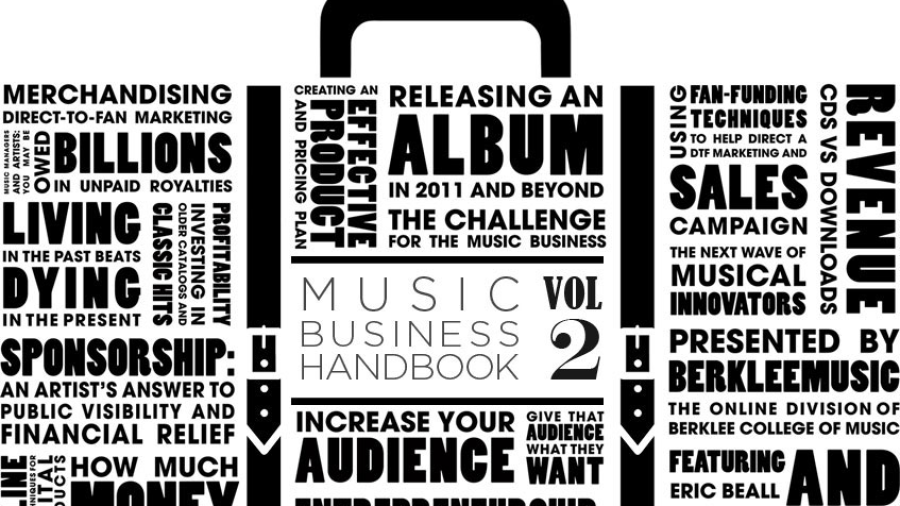The business of music is a multifaceted industry that includes everything from record deals and album releases to touring and live performances. In this article, we’ll take a closer look at some of the key elements of the business of music and how they work.
One of the most well-known aspects of the music industry is the record deal. A record deal is a contract between an artist and a record label, in which the label agrees to finance the recording and distribution of the artist’s music in exchange for a percentage of the profits. Record deals can take a variety of forms, from traditional contracts that offer a set advance and royalty rate to more modern deals that may be structured as revenue-sharing agreements.
While record deals were once seen as the holy grail for aspiring musicians, they have become somewhat controversial in recent years. Many artists have criticized the traditional record deal model, arguing that it is heavily biased in favor of the label and leaves little room for artists to negotiate better terms. In some cases, artists may even be required to sign over the rights to their music in perpetuity, which can be a major drawback for those who want to retain control over their work.
Despite these criticisms, record deals can still be a valuable tool for artists looking to break into the industry. For one thing, record labels have the resources and expertise to promote and distribute music on a global scale, which can be especially helpful for newer artists who are trying to reach a wider audience. Additionally, record deals can provide artists with financial support during the recording process, which can be a major advantage for those who may not have the funds to finance their own albums.
In addition to record deals, touring is another important aspect of the business of music. Touring refers to the practice of performing live music in a series of concerts or shows, often in different cities or countries. Touring can be a lucrative source of income for musicians, as it allows them to perform in front of large audiences and sell merchandise like t-shirts and CDs.
There are a number of factors that go into planning a tour, including booking venues, arranging transportation and accommodations, and promoting the shows. Touring can be a complex and time-consuming process, but it can also be a great way for artists to build a loyal fan base and establish themselves as a viable touring act.
The business of music also includes a number of other elements, such as music publishing, licensing, and sync placements. Music publishing refers to the process of copyrighting and licensing music for use in various media, such as films, television shows, and video games. Licensing refers to the process of obtaining permission to use someone else’s music in a specific context, such as in a movie or on a commercial. Sync placements refer to the use of music in a visual media, such as a TV show or a video game.
In conclusion, the business of music is a multifaceted industry that includes a wide range of activities, from record deals and album releases to touring and live performances. While there are certainly challenges and controversies within the industry, it remains a vital and vibrant part of the cultural landscape, and continues to provide opportunities for artists to share their talents with the world.

